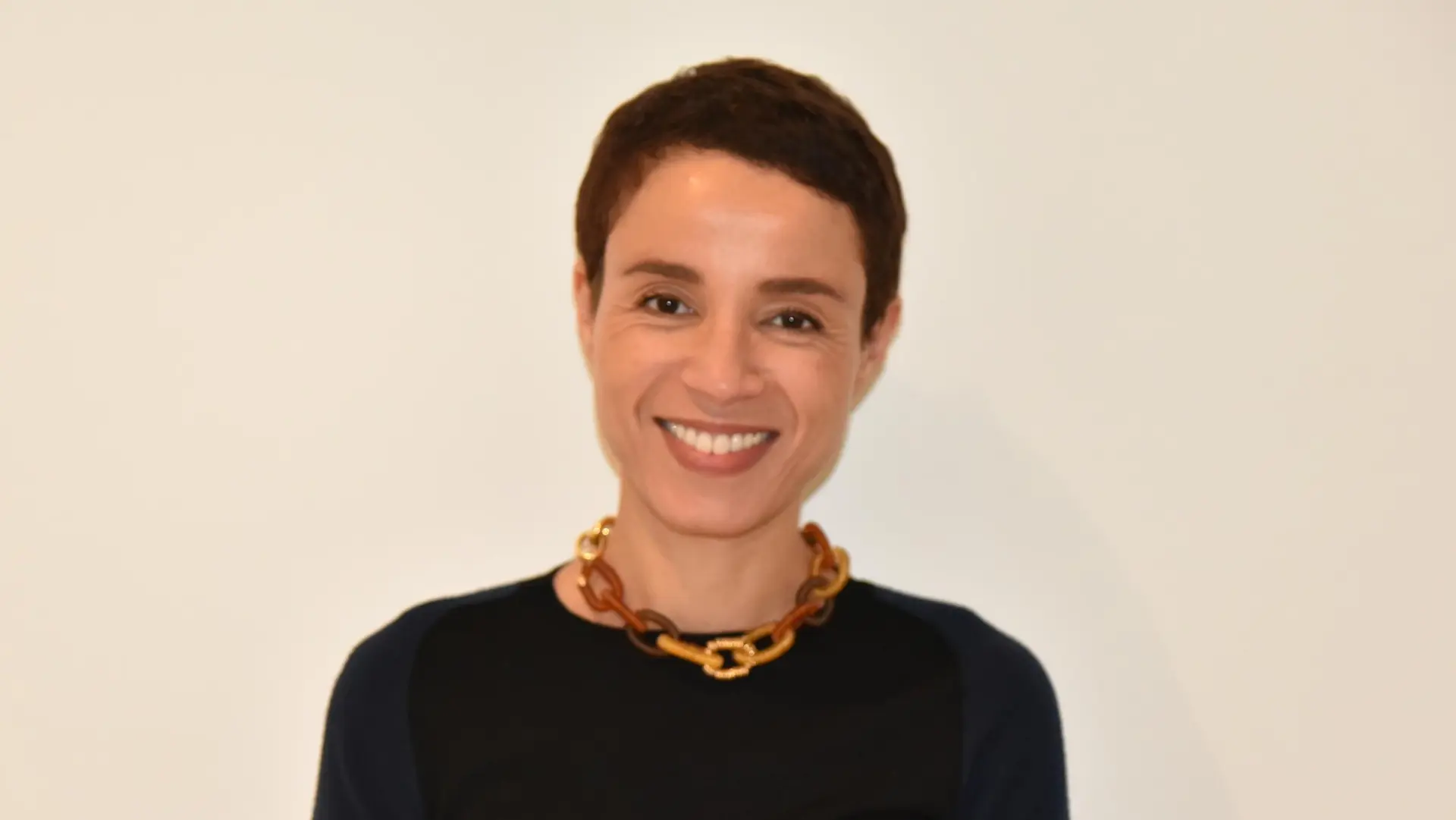Sonia Cerqueira is a psychotherapist in SW5 and WC1
What attracted you to become a therapist?
As far back as I can remember, I've been very curious about how other people see the world. As a young person, I started by immersing myself in novels and poetry to better understand the thoughts, emotions and reactions of others. Later on I studied psychology which helped me understand myself better.
I have always been fascinated by the possibility that the awareness of the differences between people may be a way to unite us, instead of pulling us apart. I realised that my journey towards self-awareness and acceptance of my own differences could have benefits for, as well as satisfying my curiosity about, other people.
Being a therapist is a way for me to fulfil my own need to experience safe and authentic relationships with others, whilst at the same time supporting them in their search for happiness. And also a way for me to make a living!
Where did you train?
I trained as an integrative psychologist at a university in Paris and later as a humanistic counsellor at Metanoia Institute in London.
Can you tell us about the type of therapy you practice?
As an integrative therapist, I believe in adapting my tools to my clients and not the other way around. The aim of therapy is to encourage the autonomy - freedom of choice - of the client. It's my firm principle that the client should decide for him or herself, what will encourage their self-confidence and strengthen their wellbeing.
I believe that my client and I are in a relationship of equals, where it's the client who decides, and whatever they choose will be accepted by me without prejudice or conditions.
What sort of people do you usually see?
I see clients from many different walks of life, but I would say what they have in common are feelings of difference or alienation and loss.
What do you like about being a therapist?
What I like best is the transition period, when I feel the client is starting to trust me and feel safe enough to begin letting go of their shame. It is the time when the client feels accepted enough by me to accept him or herself and hopefully thereafter finds enough confidence to start authentic, satisfying relationships outside the therapy room.
What is less pleasant?
Paradoxically, endings are both the most pleasant and unpleasant. The end of a therapeutic relationship means we've worked so well together that the client finally decides they are ready to continue without me. However, this means it is time to bid farewell, which is usually a bittersweet experience for me. Although, as a client once said: "This is not really goodbye, I know you will be there for me, any time I need you again".
How long you've been with welldoing.org and what you think of us?
I've been with welldoing.org three months. I find it enthusiastic, full of ideas. Alice has been supportive of me. I don't just feel like a milk cow!
What you do for your own mental health?
Sport, being in authentic supportive relationship, even with strangers.
You see clients in Chancery lane and Kensington. What can you share with us about seeing clients in those areas?
Well, I'm not sure what you are interested in. They are interesting!
What's your consultation room like?
Warm
What do you wish people knew about therapy?
That it takes time, but that you can achieve a lot in ten sessions.
What did you learn about yourself in therapy?
Difference can be a strength. And there will always be someone to help, as long as I ask for it.

